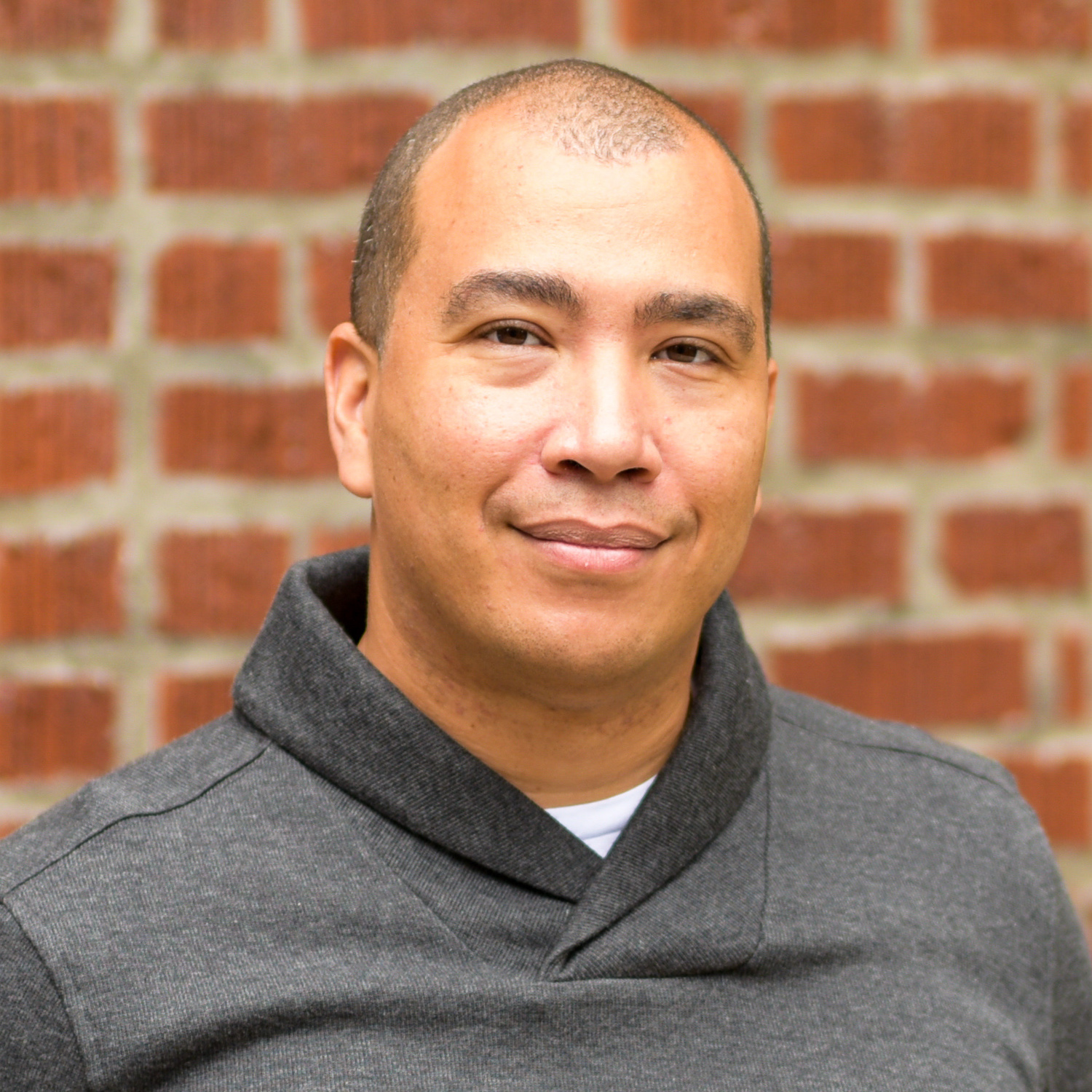There are two ways we can lead: we can be Initiators or we can be Coordinators.
Initiators see how the world can be and pull people together to make the world that way. They are the friends who get the party started, the entrepreneurs who move from idea to business, or the person who starts the non-profit because they see a problem that we can fix. Initiators get us together.
Coordinators are the backbone of every group. More than mere followers, they are the ones who make sure people know what’s going on, get to the right place, and have whatever they need. If Initiators get the party started, Coordinators make sure there’s actually food there. They’re the heart of a team, business, or organization and everyone knows they can count on their Coordinators. Coordinators keep us together.
There’s much more emphasis and recognition placed on the Initiator way of being a leader, but that’s mostly because it’s easiest to point to them; without them, we wouldn’t come together nearly as much, and if we did, we wouldn’t have much direction. If you’ve ever been with a group of people who couldn’t figure out where to go for dinner, you know what it’s like not to have an Initiator.
But Coordinators are just as important as Initiators. The trick is that many of the best Coordinators are almost invisible until they don’t show up, in which case everyone in the group recognizes just how much the Coordinator does. If you get too many Initiators together without a Coordinator, you end up with chaos.
The beauty here is that you don’t always have to be an Initiator or Coordinator to lead. Some of the groups you’ll want to be a part of will already have an Initiator, so you can lead by being a Coordinator. Other groups will have a Coordinator but need an Initiator, so you can show up that way. If the group already has both, you can step up by supporting one or the other, whoever needs it most. When there’s no group to be found, it’s your turn to be an Initiator.
Furthermore, if you don’t have the bandwidth available to be an Initiator, you can still show up powerfully by being a Coordinator. Or maybe you just don’t have the ability to mind the details and the relationships of your group and can instead be an Initiator and infuse it with new energy. Since one way of being isn’t more important than the other, the energy and mindset required to be one or the other aren’t better or worse, but just different.
Many organizations rotate people between these two ways of leading to develop within them the appreciation of the different roles and to help them be more holistic leaders. For instance, as an Army officer, I rotated between Initiator positions (platoon leadership and company command) and Coordinator positions (battalion plans officer, joint force military planner, battalion assistant operations officer). Having served well in both capacities, I had a greater appreciation of the staff officers I worked with when I was in a leadership position, and a greater understanding of the leaders I was supporting while I was in a staff position. This insight led to my being able to build better partnerships no matter what position I was in.
One of the best things we can do is follow the model of those organizations and switch between being Initiators and being Coordinators. By switching modes of leadership to ones that better fit the time, energy, and attention they have available, people who are prone to over-commit to too many groups can still serve a group without leaving it. And if you’re nervous about stepping into a leadership position, you can find the positions that get you into the seat without swallowing you whole.
Where would you grow as an Initiator or Coordinator? Is it time to switch modes so you can lead in a way that either helps you grow as a leader or opens up space so you can focus on other stuff that matters?
Originally published at productiveflourishing.com


